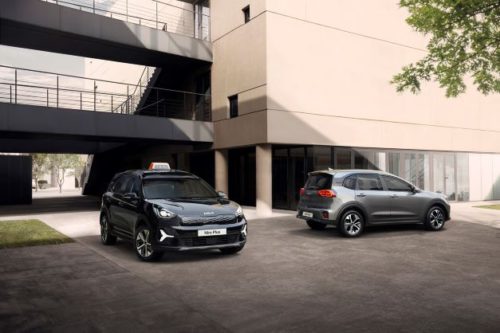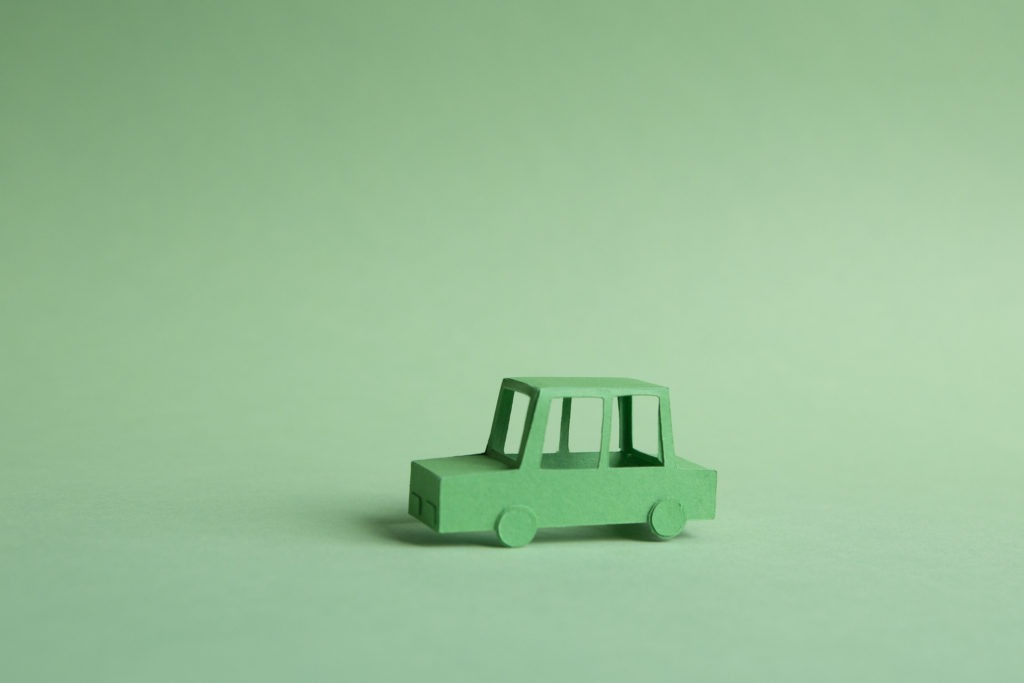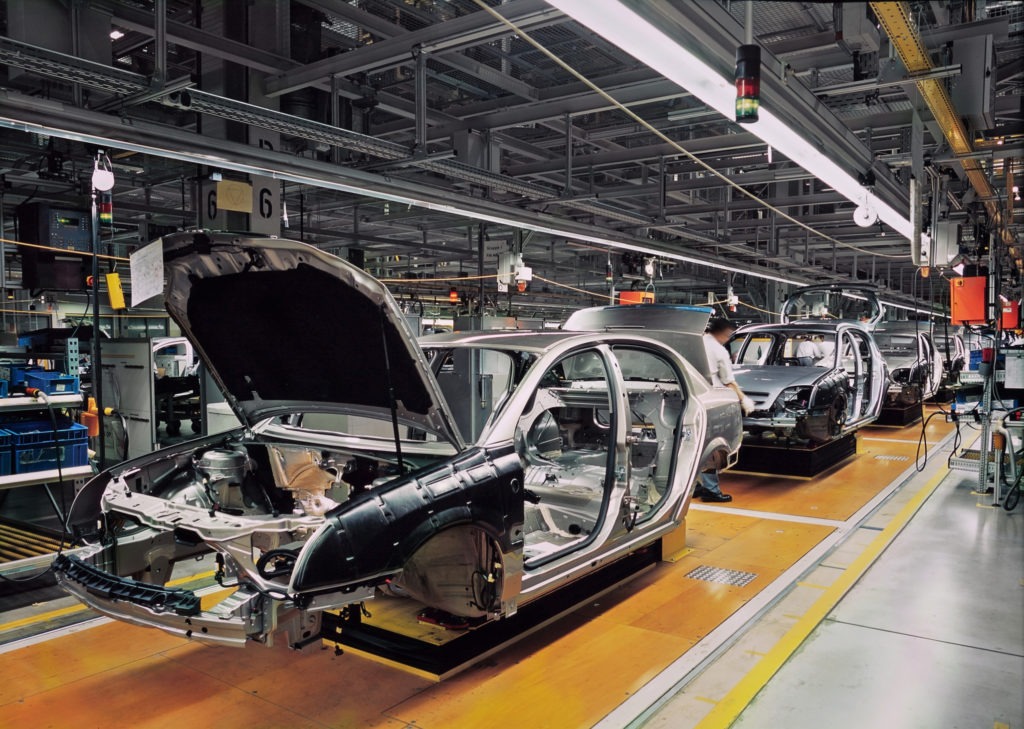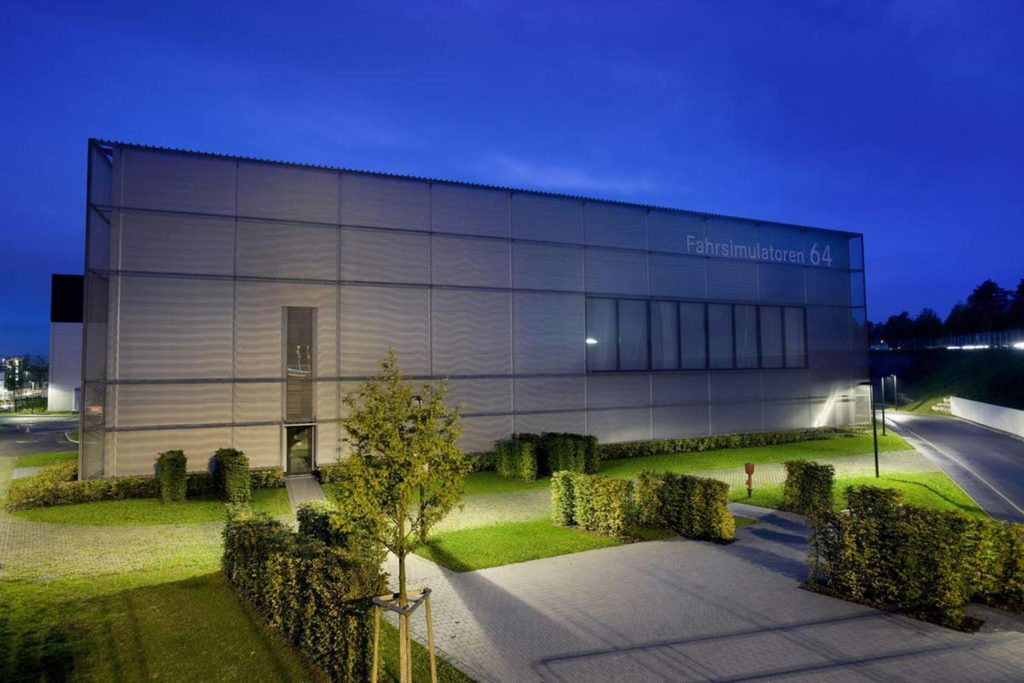Ford and Volvo call on EU to ramp up EV charging infrastructure
18 May 2022
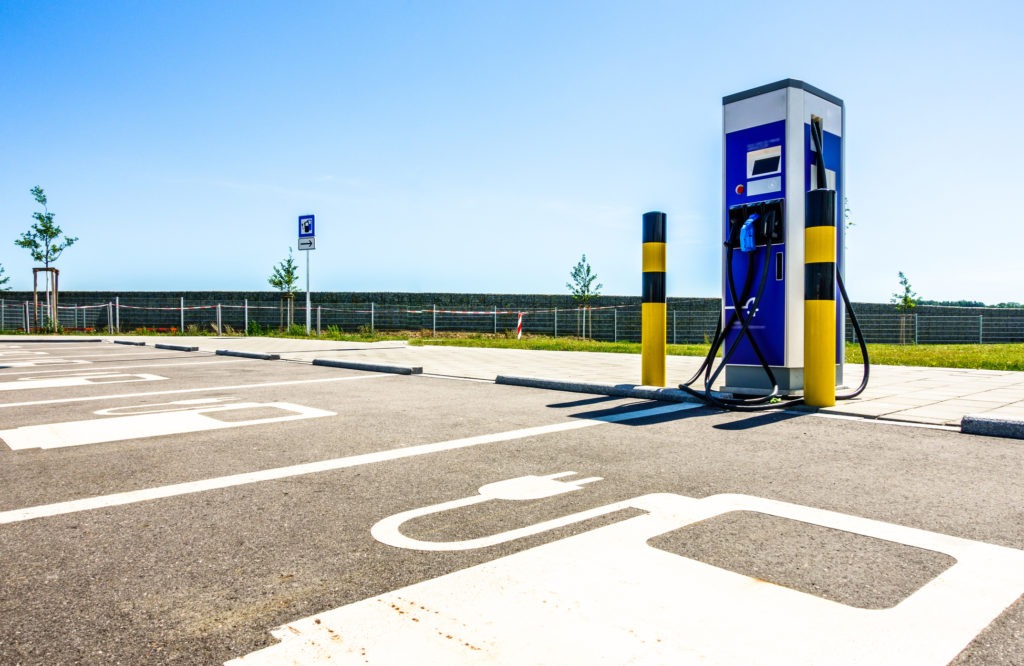
Ford and Volvo Cars have joined a petition backing a phase-out of new internal-combustion engine (ICE) passenger car and van sales by 2035. A total of 27 large companies signed a joint letter asking for fleet-wide CO2 targets to be set at 0g CO2/km for vehicle manufacturers.
Effectively, all companies want to see clear legislation surrounding vehicle standards that enable a timely transition to electric vehicles (EVs). However, the signatories do not believe this goal is achievable in isolation. They also called for binding EV charging infrastructure targets from the EU.
Roll-out of EV charging points
The companies want the EU to ensure planning certainty for the automotive industry and charging-infrastructure providers, as well as customers shifting to EVs. The letter is addressed to MEPs and EU governments, which find themselves in the middle of debating new rules on cleaner cars.
This crucially includes a proposal by the EU Commission to allow only zero-emission new cars and vans to be sold across the region from 2035, excluding hybrids. While legislative discussions are ongoing, the final law is likely to be adopted later this year.
‘To be successful, this will also require a package of measures, notably support for faster and better roll-out of public and private charging infrastructure with a European right to plug and ambitious mandatory targets on public charging, a just transition framework for Europe’s automotive workers and businesses affected, smart tax incentives for companies and individuals and targeted investments into green supply chains,’ the letter states.
EV only pledge
More than a dozen car brands in Europe have pledged to sell only EVs in Europe in the coming decade – among them, Ford and Volvo. Ford is targeting all vehicles in Europe to be zero-emission by 2035. Stuart Rowley, chair of Ford Europe, said EU policymakers must ‘establish mandatory national targets for a seamless electric-charging infrastructure that lives up to the growing demand for EVs.’
The US car manufacturer will roll out a new generation of seven, all-electric passenger vehicles and vans that will hit the European market in 2024. Leading the way is the Mustang Mach-E, an all-electric SUV. According to media reports, Ford is considering building the EV with iron phosphate (LFP) batteries, which do not rely on nickel or cobalt, thus easing battery-cell supply.
Meanwhile, Volvo wants to be a fully-electric car brand by 2030, supporting the end of fossil fuel vehicle sales in Europe by 2035.
‘This would not only be in line with the goals of the Paris Agreement, which require 100% zero tailpipe-emission vehicle sales in Europe by 2035, but it is just the right thing to do,’ said Jim Rowan, CEO of Volvo Cars, who appealed to the EU to reassert its leadership regarding climate action.
Volvo is one of the fastest-moving traditional carmakers to develop cleaner and more circular transport solutions to reach its sustainability targets. Like Ford, it signed a COP26 summit pledge to only sell zero-emissions cars and vans by 2035 in leading markets.
This means the manufacturer is ramping up EV-battery supply, not only for passenger cars but also for lorries. Volvo Trucks recently opened its first battery-assembly plant, based in Belgium. The site will supply batteries for the company’s all-electric heavy-duty trucks.
